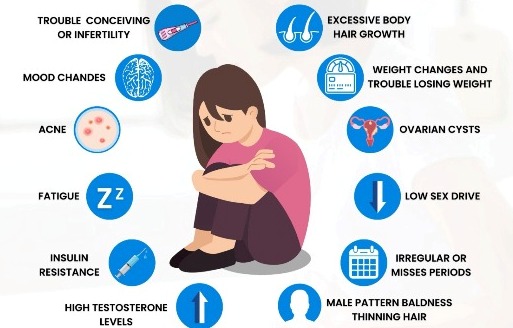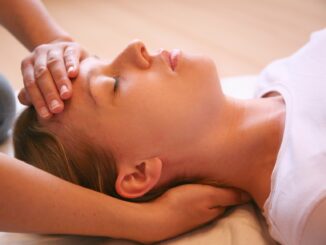
Menstrual Disorders:
Menstrual disorders can disrupt a woman’s life, affecting both physical and emotional well-being. In naturopathy and Ayurveda, these disorders are approached holistically, considering the interconnectedness of the body, mind, and spirit.
Understanding Menstrual Disorders:
Menstrual disorders encompass various conditions such as irregular periods, heavy bleeding, painful menstruation, and premenstrual syndrome (PMS). These issues often arise due to hormonal imbalances, stress, poor lifestyle choices, and underlying health conditions.
Naturopathy Approach:
Naturopathy emphasizes the body’s ability to heal itself when provided with the right conditions. The treatment involves a combination of natural therapies:
Dietary Changes: Adopting a nutritious and well-balanced diet is crucial. Including whole foods, fresh fruits, vegetables, and adequate hydration supports hormonal balance.
Hydrotherapy: Water therapy, such as sitz baths and alternating hot and cold compresses, helps improve blood circulation and alleviate menstrual pain.
Herbal Remedies: Naturopathy often employs herbal treatments to regulate hormones and reduce symptoms. Herbs like chasteberry, ginger, and turmeric are known for their hormonal-balancing properties.
Lifestyle Modifications: Stress management techniques, regular exercise, and sufficient sleep play vital roles in naturopathic approaches. These lifestyle changes contribute to overall well-being.
Ayurvedic Approach:
Ayurveda views menstrual disorders through the lens of doshas – Vata, Pitta, and Kapha. Imbalances in these doshas can lead to menstrual irregularities. Ayurvedic interventions include:
Dietary Guidelines: Ayurveda recommends a dosha-specific diet. For example, balancing Pitta dosha involves favoring cooling foods, while balancing Vata dosha may require warm and nourishing foods.
Herbal Preparations: Ayurvedic herbs like Ashoka, Shatavari, and Lodhra are commonly used to regulate menstrual cycles and relieve symptoms.
Yoga and Meditation: Specific yoga asanas and meditation practices can help alleviate stress, balance hormones, and improve overall reproductive health.
Panchkarma: Ayurvedic detoxification procedures, known as Panchkarma, may be recommended to eliminate toxins and restore doshic balance.
Holistic Healing for Lasting Relief:
Both naturopathy and Ayurveda focus on addressing the root causes of menstrual disorders rather than merely alleviating symptoms. By promoting a balance in the body’s natural systems, these holistic approaches aim for long-term relief and improved quality of life.
It’s essential for individuals experiencing menstrual issues to consult qualified practitioners in naturopathy and Ayurveda. Tailored treatment plans, incorporating dietary adjustments, natural therapies, and lifestyle modifications, can empower women to manage menstrual health naturally. With a holistic perspective, these traditional systems of medicine offer personalized solutions that resonate with the body’s inherent healing mechanisms.




Be the first to comment